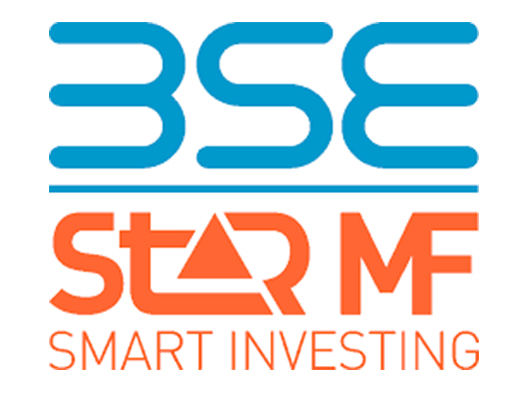
If you are someone who wants to trade in the stock market but does not have time due to the office or other commitments, algo trading can come to your rescue, but only if you choose a genuine platform. The Securities Exchange Board of India (SEBI) recently came out with a circular, asking investors to be cautious while dealing with unregulated algorithmic trading solutions being offered by some entities. As SEBI Registered Investment Advisors, it is our duty to caution investors on the risks involved in algo trading. Here are some Q&A that Manoj Trivedi recently participated in.
Algo trading is becoming popular. According to a research paper published by the National Institute of Financial Management in 2018, algorithmic trading accounted for 50 per cent of the total orders on the Bombay Stock Exchange (BSE) and National Stock Exchange (NSE) on the client side.
Let us first define Algo trading and what to look out for.
What is Algo Trading?
When a trade being executed by a trader, whether buy or sell, is being triggered by a computer program, it is called “algo trading.” This is done to take advantage of arbitrage opportunities. To give a very simple example, let us say, the current market price of a stock is Rs. 99 at NSE and Rs. 101 at BSE. Assuming a brokerage of 5 paise on each trade and assuming that an investor has money to invest, as well as the stock, he/she can buy the stock on NSE and sell it on BSE at the same time, resulting in a risk-free profit. However, this opportunity is difficult to identify, and it may not exist for more than a few seconds.
Computer programs are written to identify and execute such trades. While the above is a simple example, the computer programs (called algorithms) that are written are quite complex. They might sound great logically but may not guarantee risk-free profits. They can often result in losses.
How to Algo Trade?
Can retail investors use algo trading to trade on the NSE and BSE? If so, what are the requirements in terms of fees, and others?
A retail investor who can write an algorithm can probably use it to execute his/her trades. However, that is quite rare, as such traders need to be registered with the exchange as Authorised persons and comply with many regulatory provisions. Typically, brokers can provide the necessary infrastructure such as a dedicated terminal and offer Algo trading to their clients for additional fees
Regulatory Caution on Algo Trading
SEBI recently cautioned investors not to deal with unregulated platforms that offer algo trading; what are your views on this?
We agree with the SEBI cautionary note. Firstly, trading and investing are two different things. Algo trading is not a fool proof strategy. It can result in huge losses. There have been many instances of market crashes triggered by algo trades. “Investors” must steer clear of “algo trades”. “Timing” the execution of trades is critical and any lag can result in huge losses. Impact cost, which is another key concern in trading, may get exacerbated with algo trade.
Conclusion
Long term investing using algorithms for research and identify quality companies is not algo trade. It is a different ball game. An algorithm can tirelessly scan tons and tons of data, and mine the balance sheets, profit loss statements, and thereby enhance the efficiency of an investor in zeroing on the right stocks.
Long term investors can avoid a trading approach and instead invest in long term portfolio that are aided by algorithms that do not adopt a trading approach.
Manoj Trivedi, Co-founder, Jama Wealth shared his views on Algo Trading here; some of the views were published in OutlookIndia
Stay updated with the latest market and investment updates. Join Jama Wealth on Telegram, Linkedin, YouTube, Instagram, Facebook, Quora for more!
For high quality investment advice and to grow wealth, download Jama Wealth App on iOS App Store and Android Play Store.






















